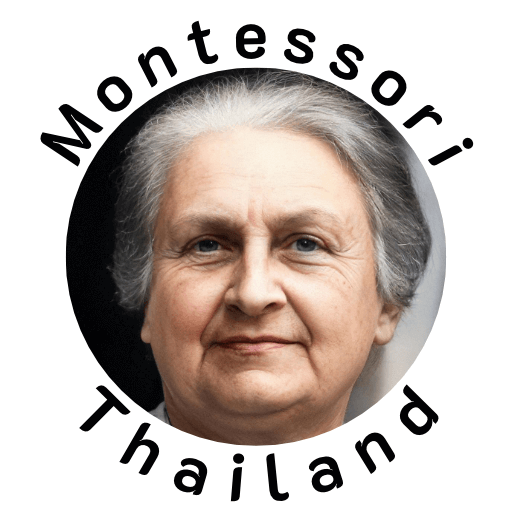Erdkinder, a German term that translates to “Children of the Earth,” is a concept developed by Maria Montessori which refers to her vision of an ideal adolescent educational environment[1].
This model, often described as a “farm school,” posits that adolescents benefit from practical, hands-on work, and real-life experiences, such as farming, cooking, business operations, and craftsmanship, which can help them develop skills, responsibility, and self-confidence. Montessori believed that such an environment would provide adolescents with meaningful work, and a greater understanding and appreciation of their role in society and their relationship to the natural world[2].
In Erdkinder programs, academic learning continues but is integrated with practical activities and experiences, encouraging adolescents to apply their knowledge and skills to real-world scenarios. This also gives them the opportunity to explore different vocational paths.
Contents
- 1Montessori Quotes on Erdkinder
- 2Research and Critiques on Erdkinder in Montessori
- 3Comparison to Other Methods
- 4Glossary of Montessori Terms
- 5Please help to translate this page into your local language
- 6References
Montessori Quotes on Erdkinder
There must be provision for the child to have contact with nature; to understand and appreciate the order, the harmony and the beauty in nature.
— Maria Montessori
